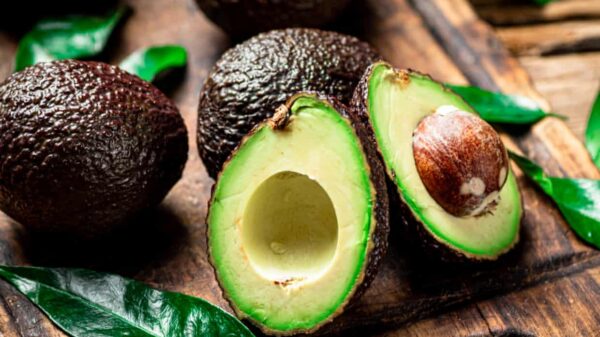A recent analysis conducted by researchers at the University of Connecticut’s College of Agriculture, Health and Natural Resources has revealed significant health benefits associated with kimchi, a traditional Korean fermented dish. The study highlights kimchi’s potential to lower triglycerides, blood pressure, and regulate fasting glucose levels, underscoring its growing popularity worldwide.
Over the past decade, kimchi has transitioned from a local staple to a global culinary phenomenon. The research team reviewed nine studies published between 2011 and 2023, focusing primarily on kimchi’s effects on blood pressure. This focus is particularly notable given the dish’s high sodium content, which traditionally raised concerns about hypertension.
One study found that individuals who consumed kimchi regularly experienced a reduction of 1.93 mg/dL in fasting glucose levels, along with decreases in triglyceride levels by 28.88 mg/dL. Additionally, systolic and diastolic blood pressure dropped by 3.48 mmHg and 2.68 mmHg, respectively, when compared to a control group. As Ock Chun, professor of nutritional sciences at the University of Connecticut, noted, “In clinical settings, even a reduction of 5 mmHg in systolic blood pressure is considered a meaningful improvement. So, seeing comparable reductions from a dietary intervention, not medication, is a very promising result.”
The beneficial effects of kimchi on blood pressure may largely stem from its high potassium content, which counters sodium’s hypertensive effects. Furthermore, the lactic acid bacteria produced during fermentation may aid the body in flushing out excess sodium. Lead researcher Seoeun Ahn emphasized, “This suggests that other components of kimchi, such as beneficial bacteria, offset the hypertensive effect of sodium.”
In addition to these findings, kimchi is recognized as a gut “superfood” due to the probiotics generated during fermentation. These beneficial bacteria help maintain a balanced gut microbiome, improve digestion, and alleviate symptoms of conditions such as irritable bowel syndrome (IBS). A separate study conducted in 2024, which involved 115,726 Korean men and women aged 40 to 69, found that those consuming one to three servings of kimchi daily exhibited better metabolic health markers compared to non-consumers.
Notably, men who ate traditional cabbage-based kimchi (baechu) were less likely to be obese, while those consuming radish-based kimchi (kkakdugi) showed lower abdominal fat in both genders. Despite these promising results, the researchers caution that most studies have been conducted within Korea, highlighting the need for wider demographic research to assess kimchi’s effects on non-Asian populations.
“It would be very meaningful to conduct an intervention study in the US,” Ahn stated. “That way we could see if the findings of this meta-analysis can be generalized to more diverse populations.”
Kimchi has a rich history dating back thousands of years, originating as a method for preserving vegetables, beans, and seafood in large earthenware jars, known as onggi, during harsh winters. While both China and Japan have their own variations of kimchi, these dishes typically involve pickling rather than the full fermentation process.
The surge in kimchi’s global popularity aligns with the spread of Korean culture, often referred to as the Hallyu wave. This cultural phenomenon began in the 1990s and has seen K-pop, K-dramas, and Korean cuisine attract significant attention worldwide. By 2035, the US market for kimchi is projected to reach US$8.6 billion, reflecting its integration into diverse culinary practices.
The findings of this research were published in the journal Nutrition Reviews, emphasizing the relevance of kimchi not only as a food but as a potential tool for improving public health.








































































